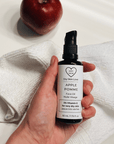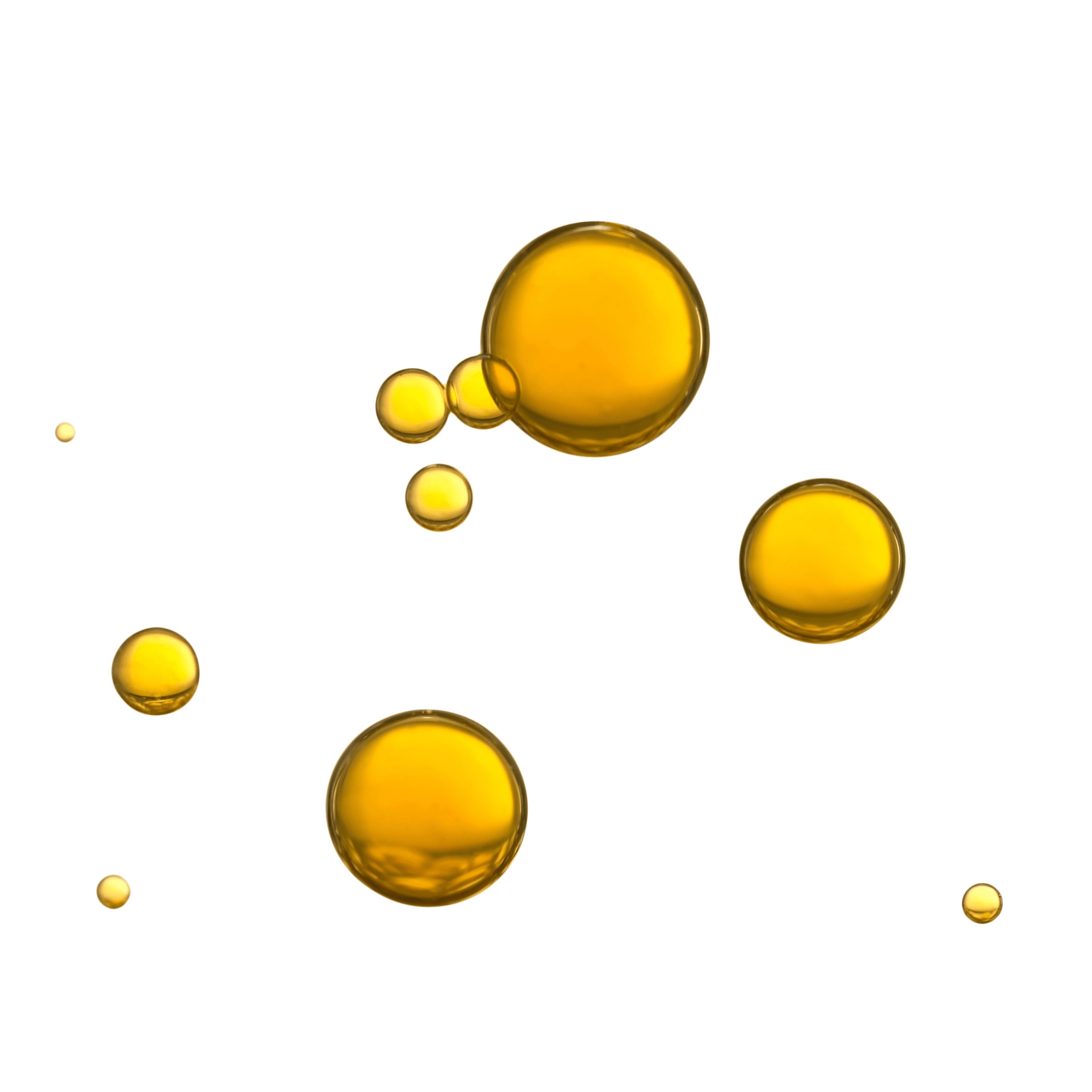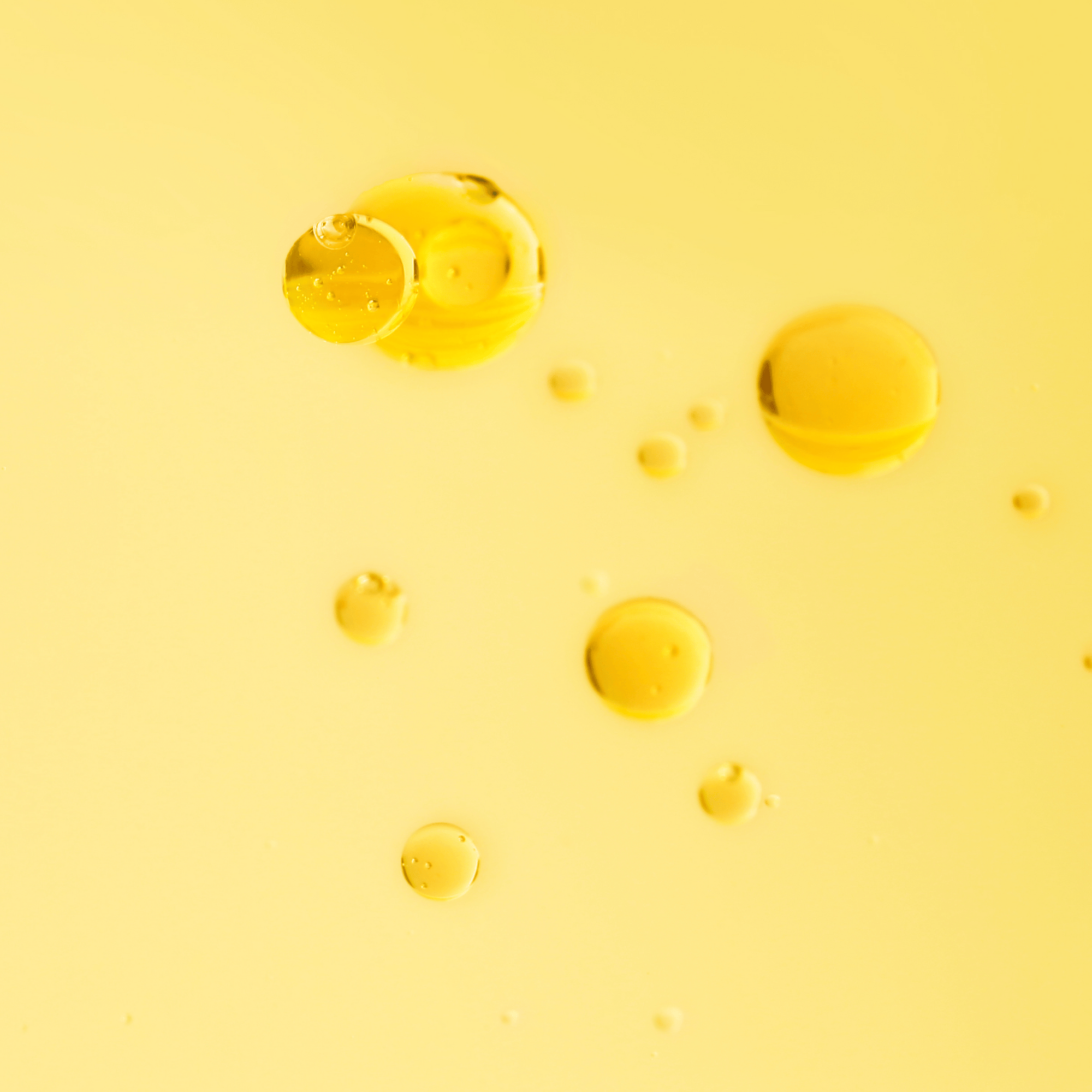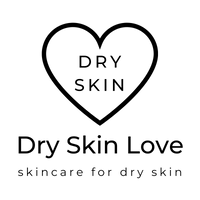

BEST SKINCARE FOR DRY SKIN
Dry Skin Love Apple 5% Vitamin E Face Oil for Very Dry Skin
Best Vitamin E Oil for Face
Dry Skin Love Apple 5% Vitamin E Face Oil
A luxurious face oil that infuses your skin with 8 types of natural vitamin E - including tocopherols and rare tocotrienols.
Leaves your dry skin soft, plump and protected.
Created by scientist Dr. Natasha Ryz
Size = 50 ml / 1.76 oz
Vitamin E Oil for Skin
“I created the Apple Face Oil as a delightful treat for very dry skin, especially during winter. It is nourishing and deeply soothing. It protects your skin against the harsh elements. It’s luxuriously rich, but not greasy, and it effortlessly absorbs, with a lovely matt finish that makes your skin look plump and radiant.”
- Dr. Natasha Ryz, PhD
Founder Dry Skin Love Skincare

Best Vitamin E Oil for Face
Benefits for Your Skin
Soft. Plump. Protected.
Dry Skin Love Apple 5% Vitamin E Face Oil is a luxurious face oil that makes your dry skin feel nourished, soft, calm and protected.
Our Apple 5% Vitamin E Face Oil is packed with nutrient-rich plant oils and 8 types of vitamin E - including tocopherols and rare tocotrienols.
After using our Dry Skin Love Apple 5% Vitamin E Face Oil, you will notice a difference in the texture and appearance of your skin.
Your skin will look plumper and the appearance of fine lines will be minimized.
Your skin will have a more youthful appearance.
Vitamin E Oil for Skin
What is Vitamin E?
Vitamin E is actually a group of 8 compounds, including 4 tocopherols and 4 tocotrienols.
Vitamin E tocopherols include:
- alpha-tocopherol
- beta-tocopherol
- gamma-tocopherol
- delta-tocopherol
Vitamin E tocotrienols include:
- alpha-tocotrienol
- beta-tocotrienol
- gamma-tocotrienol
- delta-tocotrienol
Dry Skin Love Apple 5% Vitamin E Face Oil contains all 8 types of vitamin E - including tocopherols and rare tocotrienols.
We source our vitamin E from a blend of natural plants and extracts.


Vitamin E Oil for Skin
Benefits of Vitamin E
When applied topically, vitamin E is a skin conditioning agent and a powerful antioxidant.
Vitamin E has emollient activity and can soften and nourish your dry skin.
Vitamin E is also a powerful antioxidant.
All 8 types of vitamin E, including the tocopherols and tocotrienols have antioxidant activity.
Vitamin E can help protect your skin against the harsh elements.
It can also keep your skincare fresh longer, as vitamin E prevents oxidation and rancidity in oil-based formulas.
Best Vitamin E Oil for Face
Natural Ingredients
Dry Skin Love Apple 5% Vitamin E Face Oil is packed with nutrient-rich plant oils including cold-pressed apple seed oil and 8 types of vitamin E tocopherols and rare tocotrienols.
We choose natural plant ingredients that are minimally processed and unrefined so they retain their nutrients, color and aromatic compounds.
We put incredible thought and effort into sourcing our precious ingredients for our luxurious face oil.
Every single ingredient has multiple benefits for your skin.

Dry Skin Love Apple 5% Vitamin E Face Oil
Natural Ingredients
Pyrus malus (Apple) seed oil¹, Cocos nucifera (Virgin Coconut) oil*¹, Rice Bran (Oryza sativa) oil, Simmondsia chinensis (Golden Jojoba) oil*¹, Vitamin E Tocopherols from Glycine max (Soybean, GMO-free) oil, Polyglyceryl-4 Oleate, Vitamin E oil from Helianthus annuus (Sunflower) extract, Vitamin E Tocotrienols from Bixa orellana (Annatto) seed extract, Matricaria recutita L. (Chamomile) CO2 extract*, Vanilla planifolia (Vanilla Bean) CO2 extract*
*Certified Organic Ingredients
¹Cold Pressed Oil
Polyglyceryl-4 oleate is a natural emulsifier made from sunflower seed oil and vegetable glycerin.





